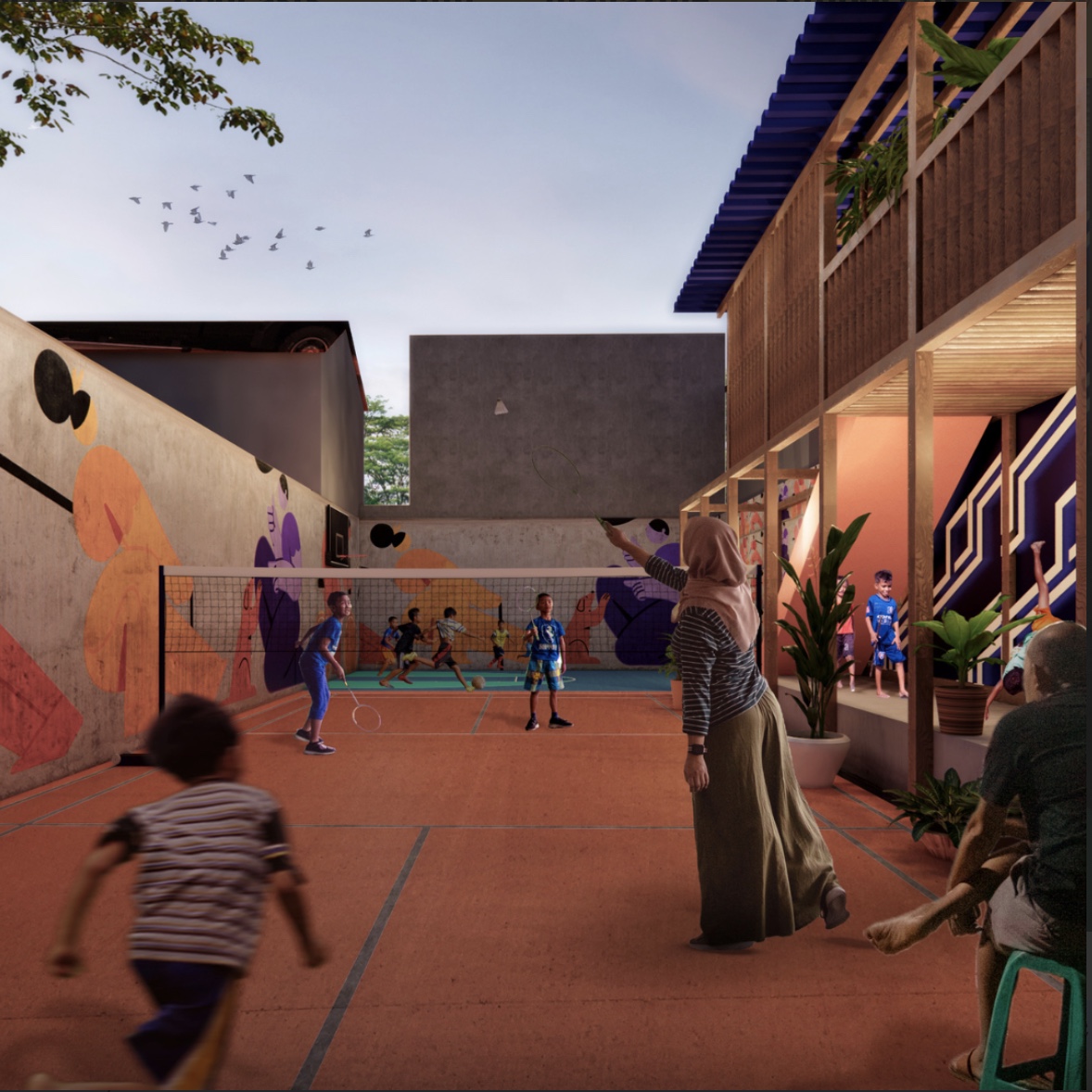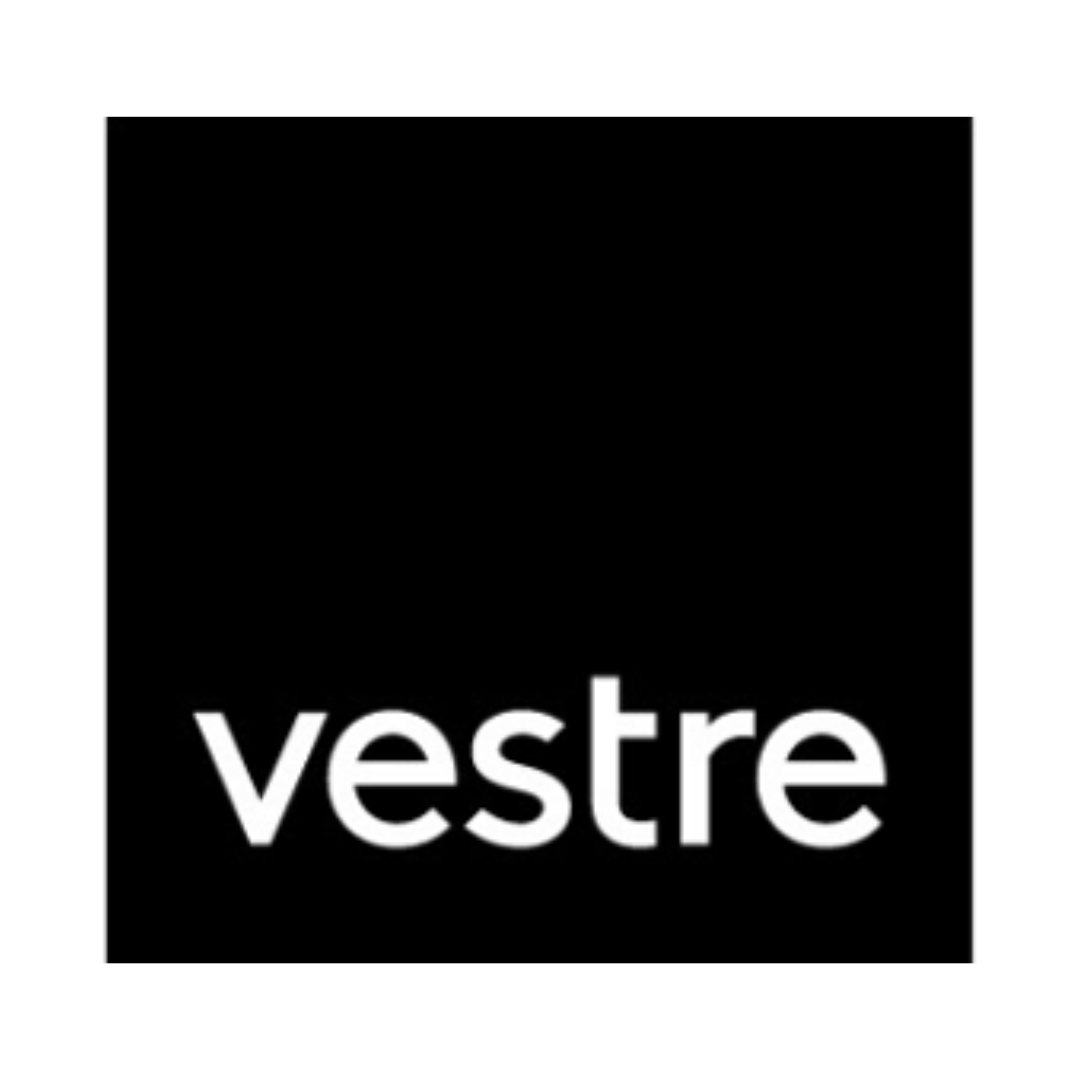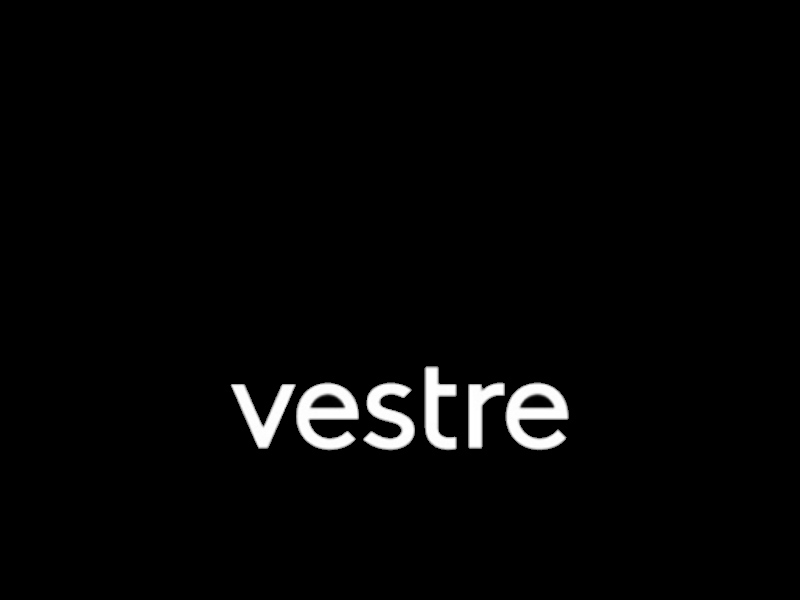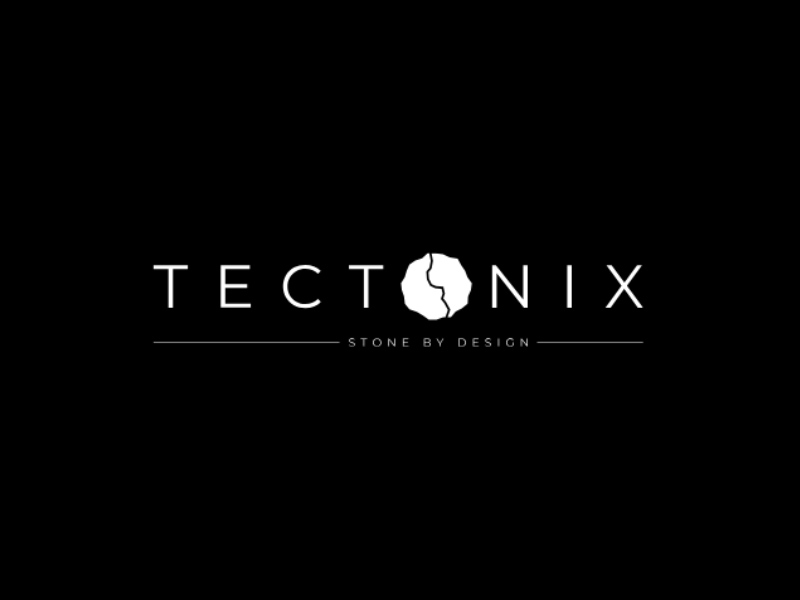Project showcase
Surabaya Urban Transformation: Global Future Cities Programme and UK Prosperity Fund, Surabaya, Indonesia – The FCDO, UK Government with Mott Macdonald and Broadway Malyan

The Putat Jaya sub-district in Indonesia used to be a mix of local businesses, however with changing government policies the vibrant life of the neighbourhood suffered a drastic change. This project aims to regenerate the district and uplift the voices of the people, to create fair design standards and guidelines whilst also focusing on social and economic issues.
Where is the project located?
Dolly, Putat Jaya, Kecamatan Sawahan, Surabaya, Indonesia
Who is the developer/client of the project?
The Foreign, Commonwealth and Development Office, UK Government
Describe the context of this project, its neighbourhood and people?
Known locally as ‘Gang Dolly’ or simply ‘Dolly’, the Putat Jaya sub district of Surabaya in Indonesia is a compact 24 ha mix of informal settlements and local businesses that formed the city’s red-light district from the 1970s.For several decades the district enjoyed a thriving economic ecosystem with jobs for thousands of residents who lived side-by-side with the sex workers, but the vibrant life of the neighbourhood suffered a drastic change in 2014 when the Government decided to close all the local guesthouses and banned the sex industry from the area.
Since then, there have been a range of initiatives from the local authority to try and regenerate the area and to help build economic self-sufficiency for the community, but a lack of social and physical infrastructure has hampered meaningful progress.
In 2019 Broadway Malyan was appointed to a team led by Mott MacDonald as a key delivery partner for the Global Future Cities Programme to support inclusive and sustainable urban growth across some of South East Asia’s fastest growing cities, which included the Surabaya Urban Transformation project.
At the heart of the commission was the vision of transforming Dolly as a place, developing a set of replicable design standards and urban design guidelines to physically regenerate Dolly in parallel with a range of social and economic measures that would transform the district at a human scale, elevating the voices of the people and empowering the actors who will create a new future for Dolly.
Please describe your approach to this future place and its mix of uses. How will it function as a vibrant place? How does it knit into, and serve the needs of the wider area?
The project aims to improve the wellbeing of the inhabitants of the Dolly neighbourhood, through a unique transformational process, that includes active engagement of all stakeholders, promotion of new income generating activities and development of a creative urban landscape design.After an extensive bottom-up engagement process that included working closely with a range of groups including former sex workers, women’s groups and support organisations for children with HIV, it was clear that the community did not want to dismiss its history but rather be something to celebrate as an integral part of a new future for Dolly.
A significant physical challenge for Dolly is its urban dislocation within the city so part of the solution has been the development of new place branding that is changing perceptions and creating a sense of ownership for the community and its new businesses, as well as providing the infrastructure to allow easy movement in and out of the district.
The project has also included a proposed pilot street where a mix of tactical urbanism combined with placemaking activities to create a healthier and more liveable urban environment.
Plans are also being developed for a Dolly open air museum that celebrates the district’s past, present and future while religious and cultural remain an important source of societal cohesiveness, individual pride and potential tourism with the recent restoration of the 700-year-old tomb of Mbah Kapiludin.
What is the environmental impact of the project? How will the carbon use and material impact of the development be mitigated? What is the sustainability strategy?
Sustainability, both environmental and economic, are a central theme of the Surabaya Urban Transformation project.There are already many micro businesses within Dolly around traditional industries such as batik dying and the manufacture of shoes and slippers as well as in food and drink, intermittently flourishing against the odds.
Through the development of a community-based entrepreneur strategy, we have worked with local partners and international academia to upskill SMEs, not only in manual and manufacturing applications but with business, management and marketing skills.
A bespoke programme of online and offline entrepreneurship training focused on product innovation and packaging, helping business owners increase their revenue and gain valuable commercial knowledge and skills.
Environmentally, the vision of the project is to turn Dolly from red to green – creating a vibrant, healthier and more liveable environment where the urban landscape is inclusive, safe, resilient and sustainable, in line with the UN sustainable development goals underpinning the overall approach to the transformation project.
Proposed interventions include remodelling road intersections and introducing safe crossings while also encouraging non-motorised transport through the introduction of bike hire and rickshaw and bike parking areas.
The green kampung programme in Dolly addresses the issues on climate change, while at the same time creating new local economy for Putat Jaya residents. The initiatives that have been implemented include 3R (Reduce, Reuse, Recycle) waste management system, maggot farming, urban and fish farming, waste to fuel initiatives and training and education for the community
Describe the social impact of the project: How will this future place contribute to the economic, environmental and social wellbeing of its citizens?
The long-term sustainability of the project and its ability to deliver lasting and meaningful social and physical change will sit in the hands of a newly established community task force, made up of a range of stakeholders but co-ordinated by the community itself.The myriad work to date including the implantation of the entrepreneurship strategy, the dollaDolly podcast that celebrates local champions, the organisation of a major UN Habitat Gender Equality and Social Inclusion event as well as numerous workshops and focus groups, have helped encourage community collaboration and reinforced a sense of belonging and responsibility for the future prosperity of the district.
The Urban Design Guidelines will enable more inclusive development based on clear evidence and stakeholder engagement so that new policies can target positive outcomes for women and other marginalised groups.
The pilot street project will create a blueprint for healthier streets for all while a new Dolly Care Centre will have a specific focus on psychological as well as physical illnesses and will create a much needed ‘healing’ system within the heart of the redevelopment area.
The programme is also empowering children and girls through Creative Industry workshop initiatives, called Dolly Kita Colabs.
The place branding strategy has been developed and crafted in partnership with the Dolly community, providing a strong visual identity for the district and providing a suite of brand assets that the community can own and build past the early phases of this transformation programme.
Festival of Pineapples
24-26 February 2026
Pineapples prize giving night
April
Pineapples at Festival of Place
10 June 2026
© The Pineapples - Tweak Ltd. 124 City Road, London, EC1V 2NX. Tel: 020 3326 7238



